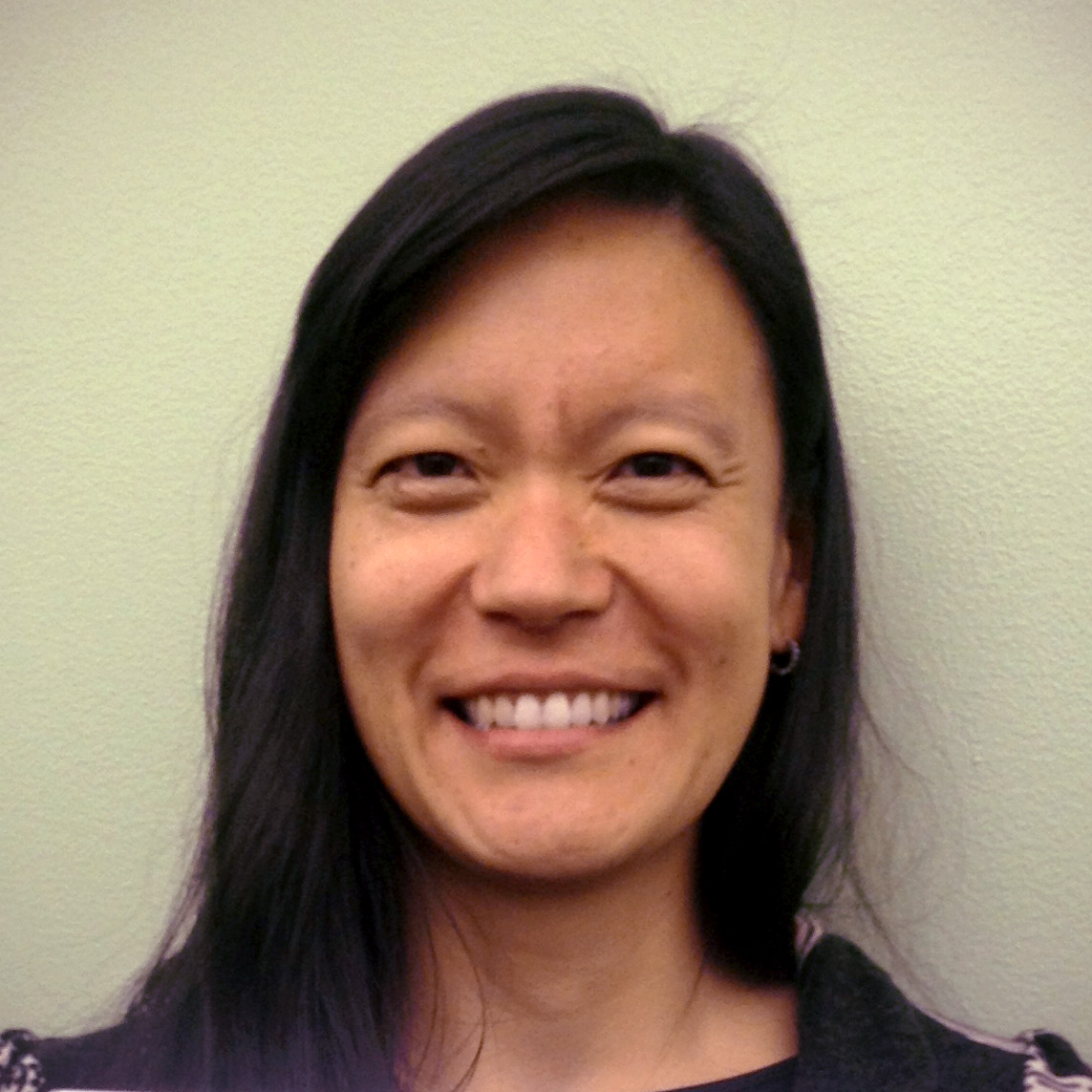 Something is wrong with this picture: In many states, young people can consent to testing and treatment for the common sexually transmitted infection human papillomavirus (HPV), but they cannot consent to the vaccine that could prevent them from getting it in the first place.
Something is wrong with this picture: In many states, young people can consent to testing and treatment for the common sexually transmitted infection human papillomavirus (HPV), but they cannot consent to the vaccine that could prevent them from getting it in the first place.
New York is one of these states. Under state law, it’s not clear whether young people under 18 can consent to the HPV vaccine. For that reason, many schools and health care providers, including Planned Parenthood of New York City, are not able to offer young people under 18 the HPV vaccination without consent from a parent or guardian.
Legislation pending in the New York state legislature would address prevention of sexually transmitted infections (STIs) and clarify New York state law, allowing for competent minors to consent to the HPV vaccine. California passed a similar law in 2011. The New York City Council just passed a resolution calling on the New York state legislature to pass this law. But until this happens, young people who show up at many health centers in New York without their parent will continue to miss out on the HPV vaccine.
The HPV vaccine is one of the best ways to prevent the spread of HPV, is safe and is supported by leading medical organizations. The FDA has approved this vaccine, and the Centers for Disease Control and Prevention (CDC), the American Cancer Society, the American Academy of Pediatrics and Planned Parenthood all support ensuring that all young people get the HPV vaccine. The vaccine is also effective at preventing cervical cancer, which is caused by HPV (in most cases, the body’s immune system clears HPV naturally — but high-risk HPV may lead to cervical cancer in some people). As many as 93 percent of cervical cancers could be prevented by screening and HPV vaccination. So why can’t young people consent to getting this vaccine?
The HPV vaccine should not be controversial. It doesn’t encourage sex — research shows that young people who get the HPV vaccine are no more likely to have sex than those who don’t. The vaccine keeps young people healthy and safe, and it can even give parents an opportunity to talk with their kids about sex and sexual health.
Of course, in an ideal world, every teen would consult with a parent or caregiver about their health care decisions. Planned Parenthood of New York City strongly encourages young people to involve their parents in their health care decisions. Unfortunately, not every young person has healthy, safe family relationships that allow for that, and requiring parental consent may deter young people from getting the care they need to protect themselves from potentially life-threatening infections.
Medical guidance recommends that young people get the HPV vaccine when they are 11 to 12 years old, because the vaccine works best when people receive it years before they start having sex (although it can benefit those who have had sex and is available to anyone ages 9 to 26). That’s why it is essential that young people have access to the vaccine. It’s also important that both boys and girls get the HPV vaccine to prevent the spread of HPV because HPV can also cause other cancers, including throat cancer.
The safety and well-being of young people must be the priority. Young people in New York state are already able to consent to treatment and testing for STIs. But they deserve to have access to services that can prevent them from ever contracting potentially life-threatening STIs.
Christina Chang is vice president for public affairs at Planned Parenthood of New York City.

























